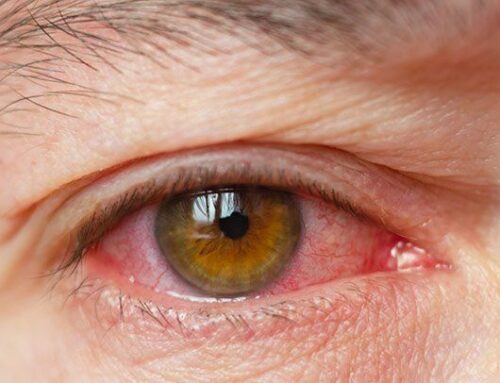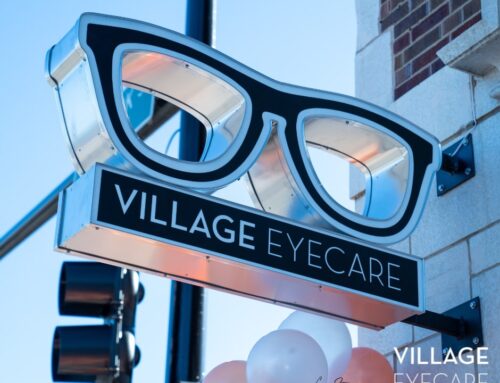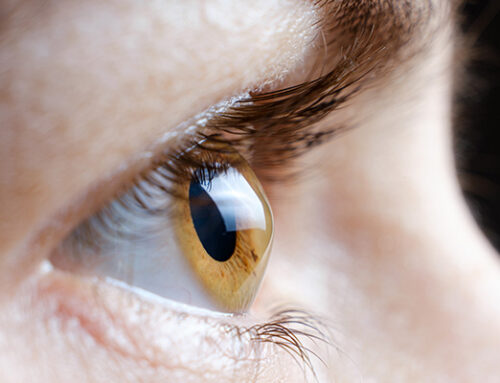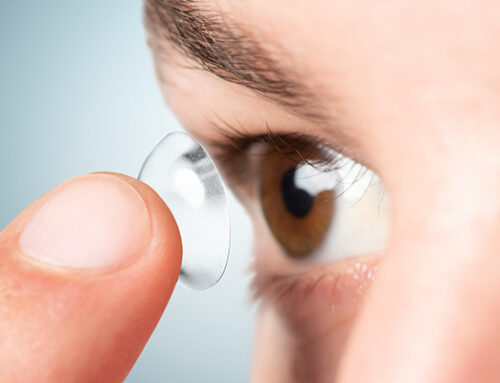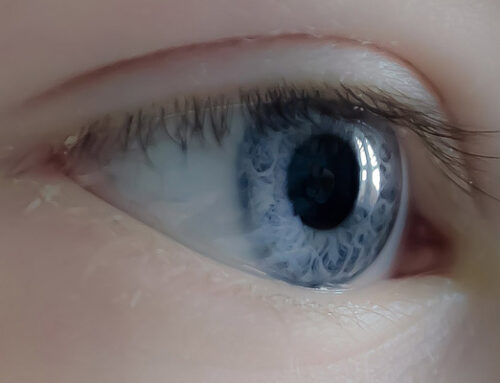What is Diabetic Retinopathy?

Patients with diabetes have a higher risk of developing certain types of eye diseases. If you have been working with a doctor to manage your blood sugar levels, then it is important that you schedule an appointment with an experienced optometrist as well. During the appointment, ask questions about serious eye diseases that can result in complications to diabetes. For example, you might have an important conversation with your doctor about a common topic: what is diabetic retinopathy?
What is Diabetic Retinopathy?
When a patient is dealing with high blood sugar levels, these health problems can have a domino effect to impact all aspects of the body. The eyes are particularly sensitive to blood sugar fluctuations, and high blood sugar can lead to serious vision problems.
Diabetic retinopathy is a condition that impacts the small blood vessels within the eyes. There is light-sensitive tissue located in the eye. This area is known as the retina. People with diabetes have a higher risk of damage to these blood vessels.
Symptoms of Retinopathy
In the beginning, there are no symptoms of diabetic retinopathy. So, most patients don’t realize there is a problem. As a result, people don’t seek treatment for their eyes because it feels like everything is fine. Eventually, mild vision problems can occur, which leads to bigger issues in the future.
The problem is that damage can still happen within the eye, even when you aren’t experiencing any symptoms. By the time symptoms are present, there is no way to reverse the damage that has been done.
As this eye disease progresses, symptoms might include one or more of the following:
- “Floaters,” which are dark strings or spots in your vision
- Changes or fluctuations in the vision
- Impairment to colors
- Blurry images
- Empty areas or dark spots in your vision
- Partial or complete vision loss
In most situations, diabetic retinopathy will affect both eyes. So, watch for symptoms that are present on both sides.
Should You See a Doctor?
If you are experiencing any of the symptoms listed above, then it is critical that you visit an eye doctor as soon as possible. Your eye doctor can assess the problem, determine a proper diagnosis, then recommend the best treatments for your condition. Once the diagnosis has been identified, your optometrist will want to maintain regular appointments to track the progress of the disease.
Even if you aren’t experiencing symptoms of diabetic eye disease, you should still maintain regular eye appointments. These visits offer a great way to look for early signs that you might be suffering from diabetic eye disease, such as retinopathy. Often, an eye doctor can identify the signs before the symptoms are present in your vision. Early treatment increases the likelihood that you will be able to protect your vision.
Do you have the question: What is diabetic retinopathy? Then you need to call the Chicago experts at Village Eyecare. Contact us to schedule an eye exam in one of our four convenient locations. We are here to help with your eyecare needs!



